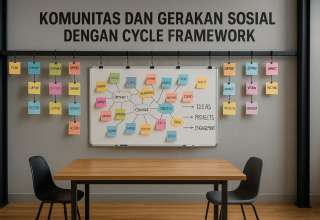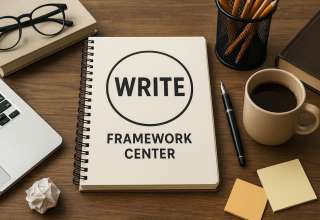*) Gambar sebagai ilustrasi
What is Skills Management?
Skills management is the process of identifying, assessing, developing, and aligning the skills of individuals or teams with the goals of an organization. It is part of human resource management and talent development. The main idea is to make sure that people’s competencies (what they know and can do) are matched with the current and future needs of their jobs and the organization.
Core Components of Skills Management
- Skills Inventory
- Collecting data on employees’ current skills, qualifications, certifications, and experiences.
- Often managed through a skills matrix or HR software.
- Skills Assessment
- Evaluating the proficiency level of each skill (basic, intermediate, advanced, expert).
- Can use self-assessment, peer review, supervisor evaluation, or standardized testing.
- Skills Gap Analysis
- Comparing existing skills with the skills required for certain roles or projects.
- Identifying where additional training, hiring, or redeployment is needed.
- Skills Development
- Providing training programs, mentoring, workshops, e-learning, and job rotation.
- Encouraging continuous learning and career development.
- Skills Deployment
- Assigning the right people with the right skills to the right tasks/projects.
- Improving workforce agility and performance.
Benefits of Skills Management
- For Organizations:
- Better workforce planning and talent utilization.
- Stronger innovation and adaptability.
- Reduced skill shortages and hiring costs.
- Improved project delivery and performance.
- For Employees:
- Clearer career development paths.
- More opportunities to learn and grow.
- Greater job satisfaction and motivation.
Tools and Methods
- Skills Matrix (a table mapping employees vs. skills).
- HRIS / Talent Management Systems (like Workday, SAP SuccessFactors, Oracle HCM).
- Competency Frameworks (structured sets of skills per role).
- AI & Analytics (predicting future skills needs, personalized learning).
Example in Practice
Imagine a fintech company (like the kind you’re familiar with 😉) wants to launch a new AI-based product. The HR team does a skills inventory and realizes they lack expertise in machine learning and data ethics. Through skills gap analysis, they identify who can be upskilled and which roles need external hiring. Employees are sent to specialized training, and a project team is formed with the updated skills deployment plan. The company saves costs and builds internal capacity instead of only relying on new hires.


